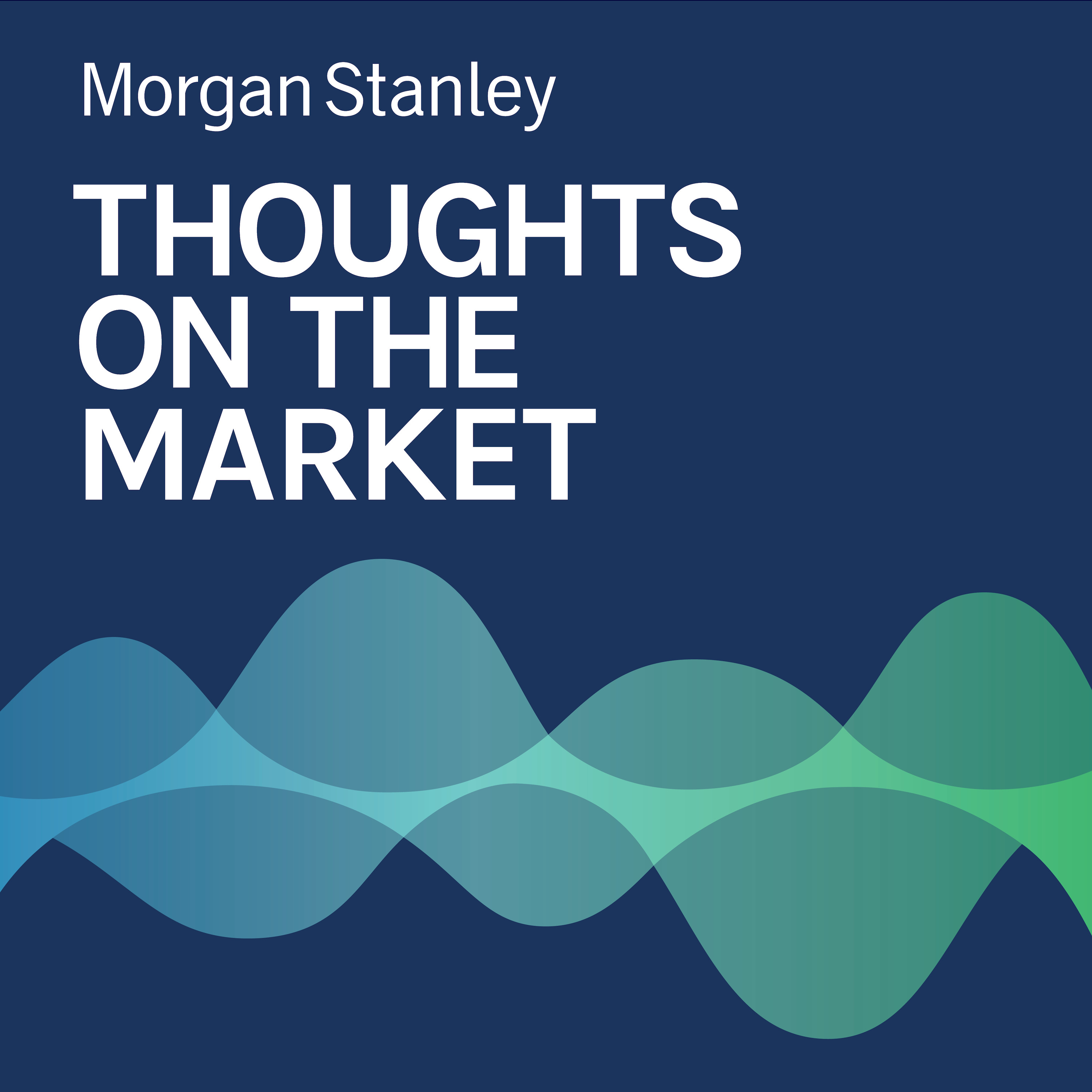Investors Eye Reactions to US Presidential Debate

Our Global Head of Fixed Income recaps the aftermath of the first U.S. presidential debate, and how markets may react if forthcoming poll data shows a meaningful shift in the race.
----- Transcript -----
Welcome to Thoughts on the Market. I'm Michael Zezas, Morgan Stanley's Global Head of Fixed Income and Thematic Research. Along with my colleagues bringing you a variety of perspectives, today I'll be talking about the US elections and its impact on markets.
It's Tuesday, July 2nd at 10:30am in New York.
For months, investors have been asking us when markets will start paying attention to the US presidential election. Well, we think that time arrived with last week\u2019s Presidential debate.
The media coverage that followed revealed that many Democratic party officials became concerned about President Biden\u2019s ability to win the November election. This understandably led many to ask if the race for the White House had meaningfully changed; If it was no longer a close one \u2013 and if so, what would that mean for markets that might have to start pricing in the impacts of a Trump Presidency.
On the first question: While we think it's too early to conclude that the race is no longer a close one, we expect some data in the next week or two that could clarify this. The few polls that have been released following the debate show that voters are increasingly concerned about Biden\u2019s ability to win; but they also show a level of support for Biden similar to what he enjoyed before the debates.
What we haven\u2019t seen yet is a set of high-quality polls gauging swing state voter preferences. And even modest deterioration in Biden\u2019s support there could meaningfully boost Trump\u2019s prospects. That\u2019s because, going into the debate, polls showed former President Trump with a small but consistent lead in national and key swing state polls.
Nothing outside the polling margin of error. But it still suggested that for President Biden to improve his odds of winning, he\u2019d be served well by having a strong debate performance that moved the polls more in his favor.
It doesn\u2019t appear that this has happened, and if polls show movement in the other direction for Biden, it would be fair to think of Trump as something of a favorite. But only for the time being. There\u2019d still be time and catalysts for the race to change \u2013 including another scheduled debate in September.
If we do end up with a race where Former President Trump is a more clear favorite, even if just for a short time, there could be reflections in the market. As we\u2019ve previously discussed, a Trump win increases the chances of more of the expiring tax cuts being extended. The benefits of those cuts most clearly accrue to key sectors like energy and telecom, so there\u2019s potential outperformance there.
In fixed-income \u2013 a steeper US Treasury yield curve is an outcome our macro strategy team is particularly attuned to. That\u2019s because a Trump presidency brings greater uncertainty about future fiscal policy, which could be reflected in relatively higher yields for longer maturity bonds. But it also increases the chances of policy choices that create near term pressure on economic growth that could push shorter maturity yields lower. This includes higher tariffs and tighter immigration policies.
So bottom line, the markets are paying attention. And the race is sure to have many more twists and turns. We\u2019ll keep you updated on how we\u2019re navigating it.
Thanks for listening. If you enjoy the podcast, please leave us a review wherever you listen and share Thoughts on the Market with a friend or colleague today.